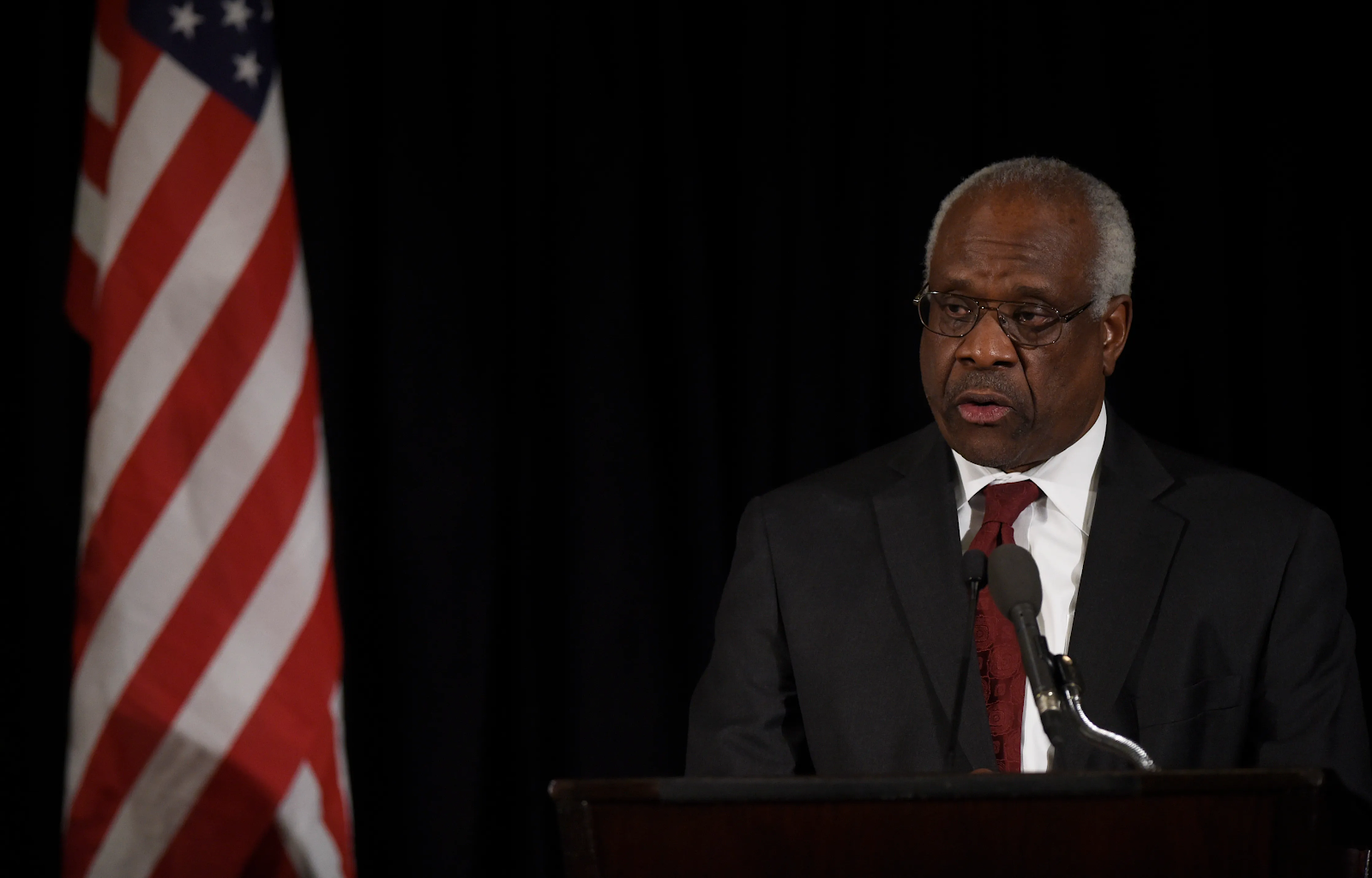In a notable development, spurred by reports of personal favors and luxury travel funded by wealthy benefactors, the United States Supreme Court, for the first time since the passage of the Judiciary Act of 1789, has adopted a Code of Conduct governing its own members. The new code closely resembles that of the Code of Conduct for United States Judges. But contrary to the maxim that noone should be a judge in their own cause no procedure has been adopted for enforcement of the new Code. That is unlike the states, each of which has an established procedure for enforcing judicial discipline .
Like other judges of the federal courts the Justices have Constitutional grants of life tenure and their salaries may not be reduced during their tenure. They may be removed only by impeachment for high crimes and misdemeanors. Impeachment requires a majority vote of the House of Representatives, and conviction a 2/3 vote of the United States Senate. The Supreme Court today announced no procedure for enforcing their newly embraced Code. In 1980 Congress passed the Judicial Conduct and Disability Act. which allows complaints alleging that a federal judge has engaged in “conduct prejudicial to the effective and expeditious administration of the business of the courts” or has become, by reason of a temporary or permanent condition, “unable to discharge the duties” of the judicial office.
In 2019 the Judicial Conference established a procedure for complaints about judicial conduct or disability. The disciplinary system relies on referral of complaints to the Chief Judge of a court. There is no distinct, staffed adjudicative body for disciplinary complaints against United States Judges who are protected by the Article III Constitutional grant of life tenure and irreducible compensation.
A workable procedure would be like that of New Jersey which temporarily assigns the senior judge of the Appellate Division of Superior Court when there is a vacancy on the State's highest court. Such a procedure in federal court would presumably require legislation since a Circuit Court judge moving to the Supreme Court is nominated by the President and confirmed by the Senate.
- GWC
November 13, 2023

No comments:
Post a Comment